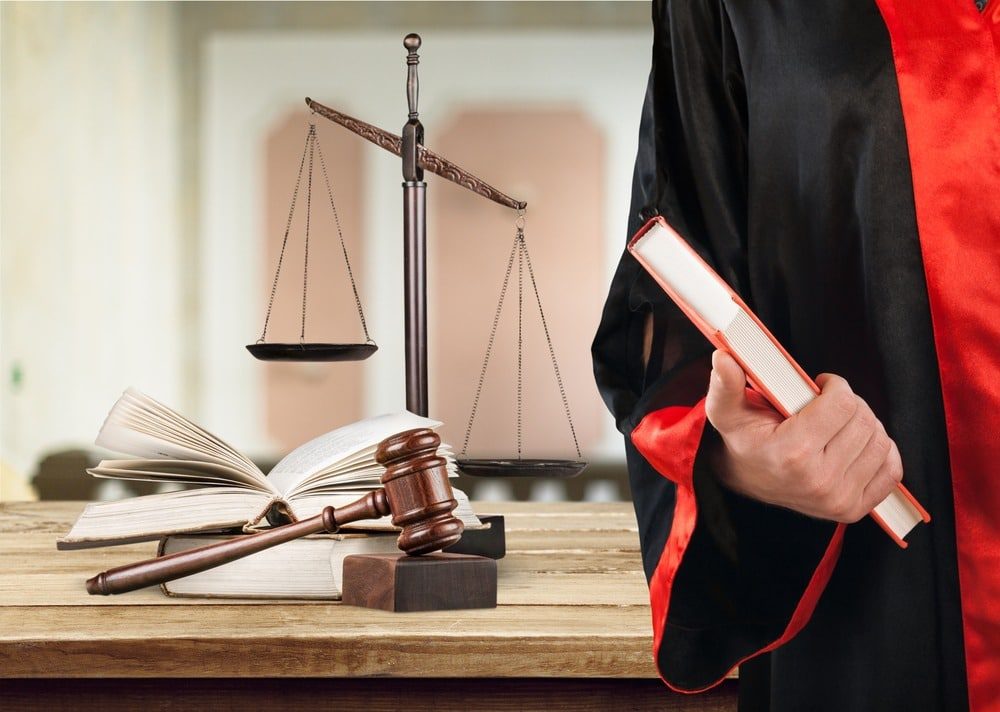Freedom is a cornerstone of American life. But what happens when you’re accused of a crime? Suddenly, your liberty hangs in the balance.

A criminal conviction has many lifelong consequences. One of them is the loss of freedom. If you are accused of a crime, you should seek the help of top criminal defense lawyers who can fight for your freedom.
Here’s what you need to know about criminal law, the consequences of a conviction, and how to build a strong defense strategy.
The Cost of Conviction:
A criminal conviction can have a devastating impact on your life. Consider these consequences:
- Loss of Freedom: Jail or prison time is a severe penalty that can disrupt your entire life.
- Financial Strain: Fines, court costs, and restitution can create a significant financial burden.
- Employment Challenges: A criminal record can make it difficult to find a job, especially in certain fields.
- Social Stigma: A conviction can damage your reputation and affect relationships with friends and family.
- Loss of Rights: Depending on the crime, you may lose your right to vote, own a firearm, or hold certain licenses.
Building an Ironclad Defense:
- Silence is Golden: This may sound counterintuitive, but your right to remain silent is your most powerful tool. Do not speak to the police without your lawyer present. They are trained to gather evidence, and anything you say can be used against you. Politely but firmly decline to answer questions and request to speak with your attorney.
- Become an Investigator: While you shouldn’t replace your lawyer’s expertise, gather any evidence that might support your innocence. This could include:
- Witness Statements: If anyone witnessed the events in question and can provide a statement supporting your side, obtain their contact information.
- Alibi: Can you document your whereabouts at the time of the alleged crime? Receipts, bus tickets, or security footage can all be valuable.
- Exculpatory Evidence: Do you have anything that contradicts the prosecution’s case? Maybe a security camera malfunctioned, or there’s a crucial piece of evidence missing.
- Knowledge is Power: Educate yourself on your legal rights. Resources like the American Civil Liberties Union (ACLU) offer information on your rights during an arrest and interrogation. Understanding your rights empowers you to make informed decisions throughout the process.
Strategic Maneuvers:
- Pre-Trial Motions: Your lawyer can file pre-trial motions to challenge the evidence or the way it was obtained. For example, if the police violated your Fourth Amendment rights during a search, your lawyer might file a motion to suppress the evidence they gathered.
- Identify Weaknesses: Work with your lawyer to dissect the prosecution’s case. Look for inconsistencies in witness statements, gaps in the timeline, or shaky forensic evidence. This can be the foundation for creating reasonable doubt.
- Prepare for Court: If your case goes to trial, be prepared to answer questions truthfully and calmly. Rehearse with your lawyer beforehand to anticipate potential lines of questioning.
The Power of a Criminal Lawyer:
Hiring a skilled criminal lawyer is crucial for mounting a strong defense. They can:
- Negotiate with the Prosecutor: Your lawyer can negotiate with the prosecutor to seek a plea bargain, potentially leading to lesser charges or a reduced sentence.
- Challenge the Evidence: Lawyers are experts at analyzing evidence and identifying weaknesses in the prosecution’s case.
- Fight for Your Rights: They will ensure your rights are protected throughout the legal process.
- Understand the Law: They have a deep understanding of criminal law and can navigate the complexities of your case.
- Present Your Defense: They will present your defense effectively in court, arguing on your behalf.

Finding the Right Lawyer:
When choosing a criminal lawyer, consider these factors:
- Experience: Seek a lawyer with experience in handling cases similar to yours.
- Reputation: Look for a lawyer with a strong track record of success.
- Communication Style: Choose someone with whom you feel comfortable communicating openly and honestly.
- Fees: Discuss fees upfront and ensure you understand the cost of their services.
Facing criminal charges can be overwhelming. However, by understanding your rights, gathering evidence, and seeking the help of a skilled criminal lawyer, you can significantly increase your chances of mounting a successful defense and protecting your freedom.
HedgeThink.com is the fund industry’s leading news, research and analysis source for individual and institutional accredited investors and professionals









